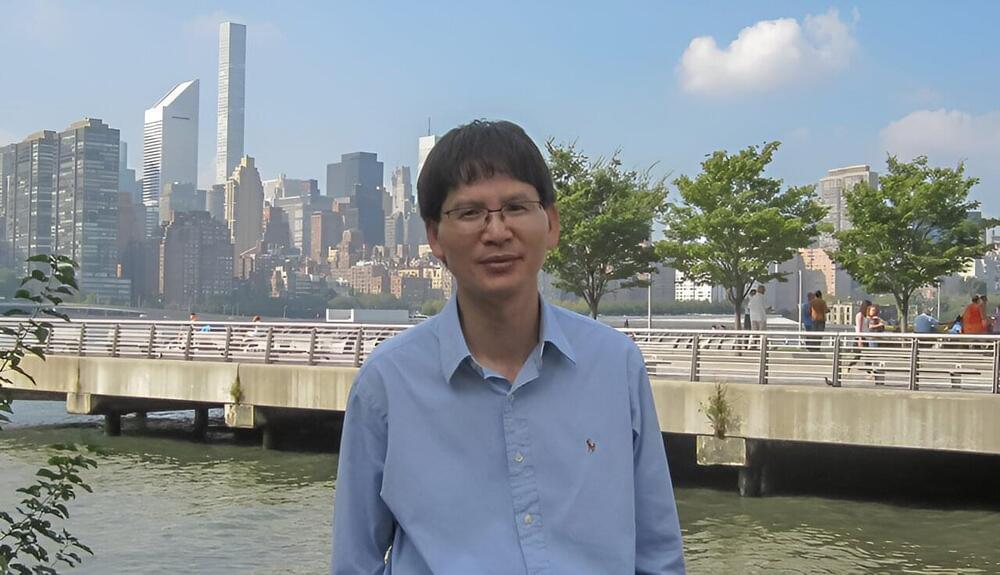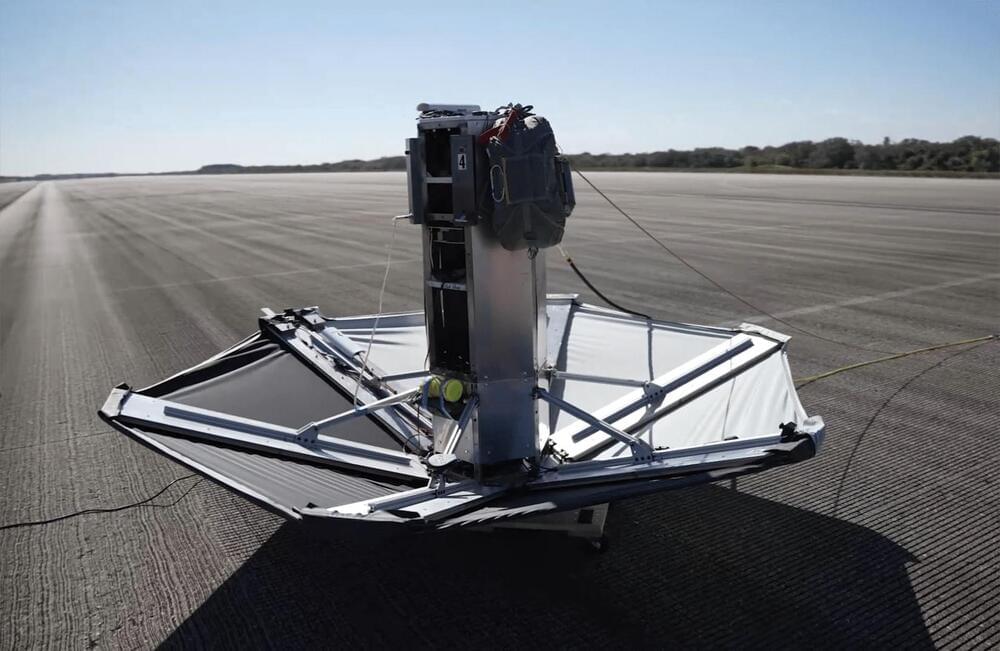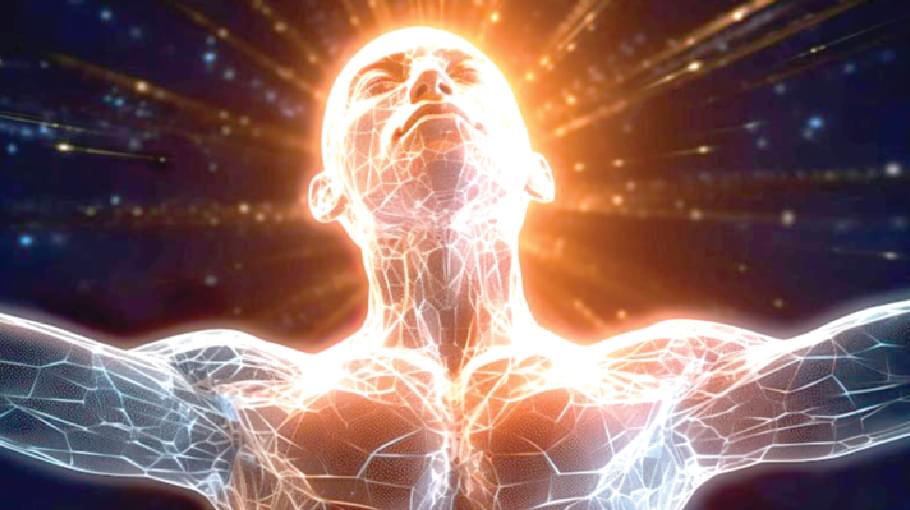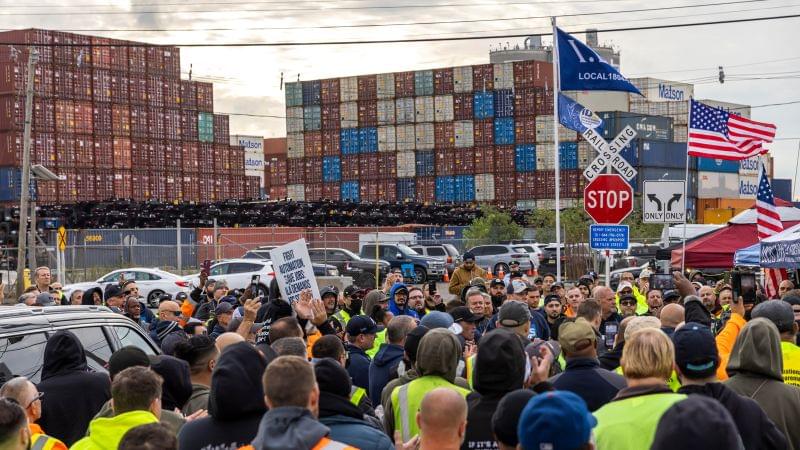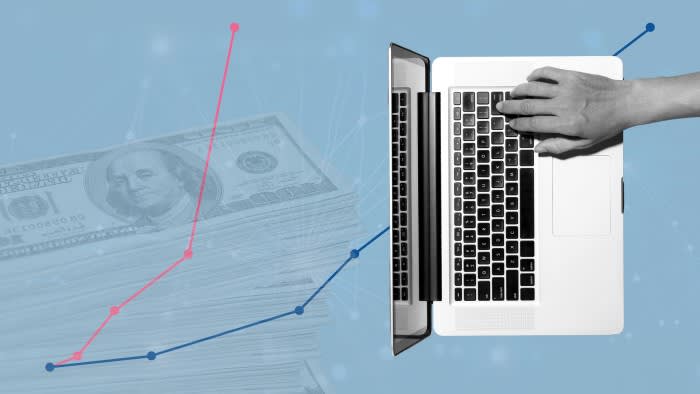“This research underscores that successful water investments hinge not just on addressing immediate water needs, but also on strengthening the governmental and societal frameworks that facilitate private sector engagement,” said Dr. Pamela Green.
What steps can be taken to address global water shortages and security? This is what a recent study published in Global Environmental Change hopes to address as an international team of researchers investigated the readiness levels of economies around the world and if private investments could help alleviate the concerns regarding water security and safety worldwide. This study holds the potential to help researchers, climate scientists, and the public understand the severity of global water security and what steps can be taken to mitigate those risks and concerns.
For the study, the researchers conducted a statistical analysis comparing at-risk regions across the globe to available fiscal resources that can be used to address and alleviate risks and concerns to water scarcity.
“We found that 71% of the world’s population has high existing water security needs, and after evaluating the potential for private investments, we found that 64% of the global population could benefit from these efforts,” said Dr. Charles Vörösmarty, who is the principal investigator and founding director of the Environmental Sciences Initiative at the CUNY ASRC and is a co-author on the study.


